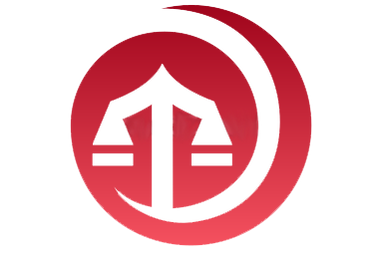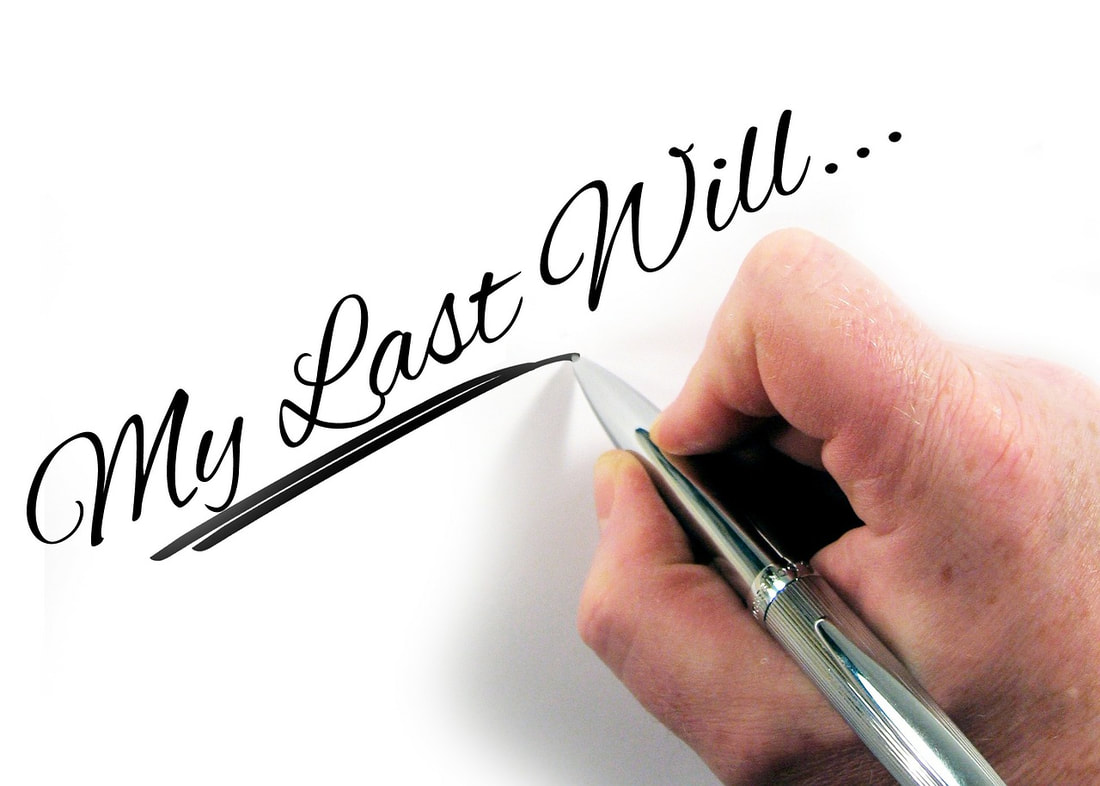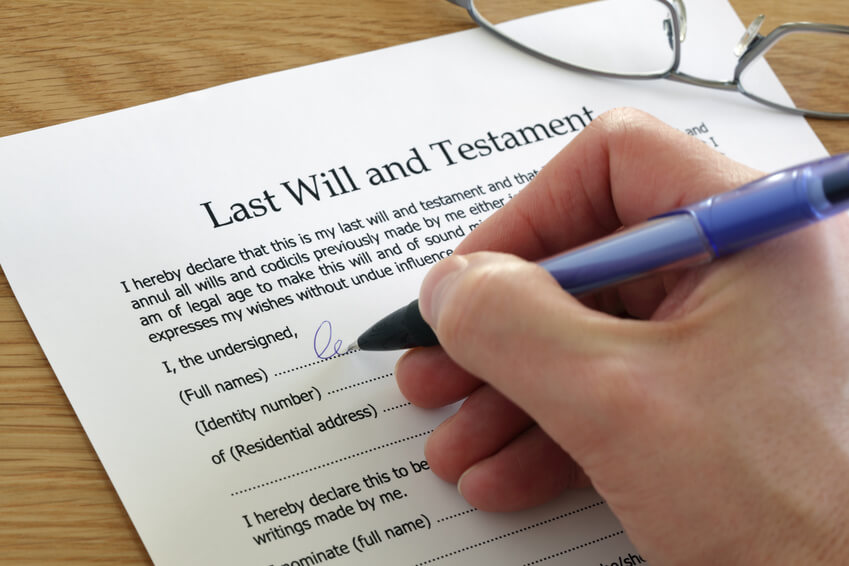|
Most of us don't really think about making a will - it can be an uncomfortable subject. Or maybe you do intend to make one but it has gone on the backburner. In the past, a few persons have asked if you can just draft one yourself. So can you make your own will?
Yes, it is possible for a person to make his own will BUT he must fully understand the law relating to wills and must ensure that the will meets ALL the legal requirements for it to be valid. Only a valid will would be honoured after death.
When a person dies leaving a will, the court decides on its validity. If the will is valid, the court will interpret the instructions in the will and ensure distribution of the deceased's person's property according to his will. However, if the will is invalid and the person made no other valid wills during his life, he would be considered to have died without one. In this case, the deceased's estate would be distributed according to the rules set out in the Administration of Estates Act - regardless of whether it is in accordance with the deceased's wishes. The best way to ensure you make a valid will is to have your will drafted by an Attorney.
For a will to be valid, it must, amongst other things, fulfill the following requirements in the Wills and Probate Act:
1. The person making the will (called "the testator") must be 21 years or over. 2. The will must be in writing. 3. The will must be signed by the testator or some other person in his presence and by his direction (usually done if the testator is blind, illiterate or physically infirm). 4. The signature must be at the foot or end of the will, 5. The signature must be made or acknowledged by the testator in the presence of two or more witnesses. 6. The witnesses must attest and sign the will (with their signature in proper handwriting) in the presence of the testator and each other. Additionally, 1. The testator must be of sound mind and memory when making the will. 2. The testator must know and approve of the will's contents at the time the will was executed and 3. The testator must have exercised his free will in making the will, that is, the will was not the result of undue influence or fraud of another. Important Notice: This post does not constitute legal advice. Always consult with an attorney on any legal problem or issue. This website is managed by AURORA Chambers; a law practice in Trinidad and Tobago. Click HERE to receive updates straight to your inbox by subscribing to our newsletter.
0 Comments
Leave a Reply. |
Categories
All
Archives
June 2024
|
LawForAllTT.com |
|





 RSS Feed
RSS Feed